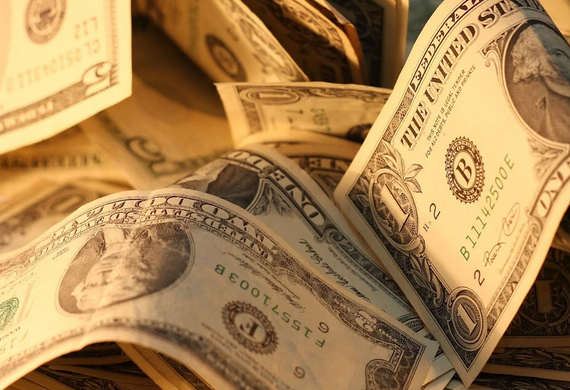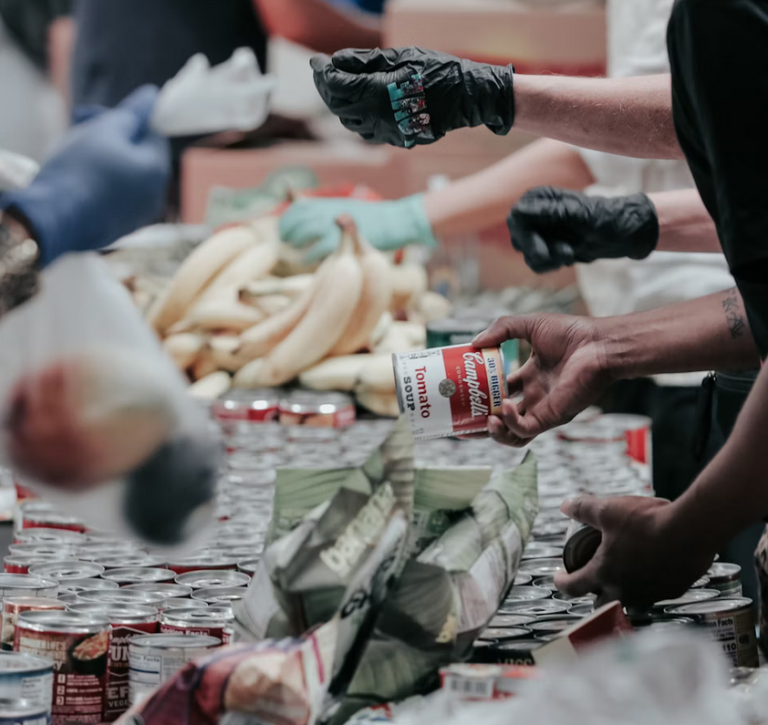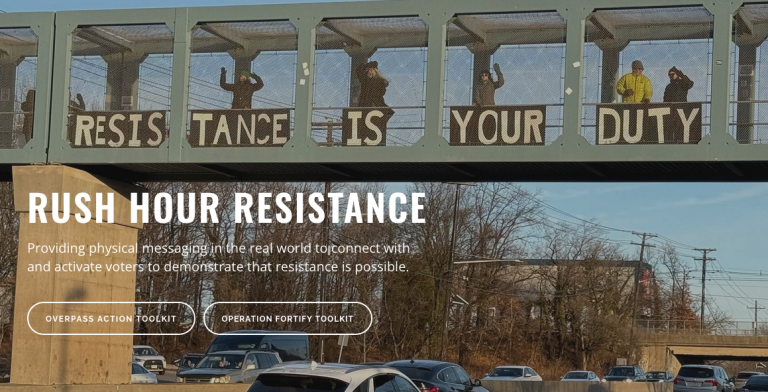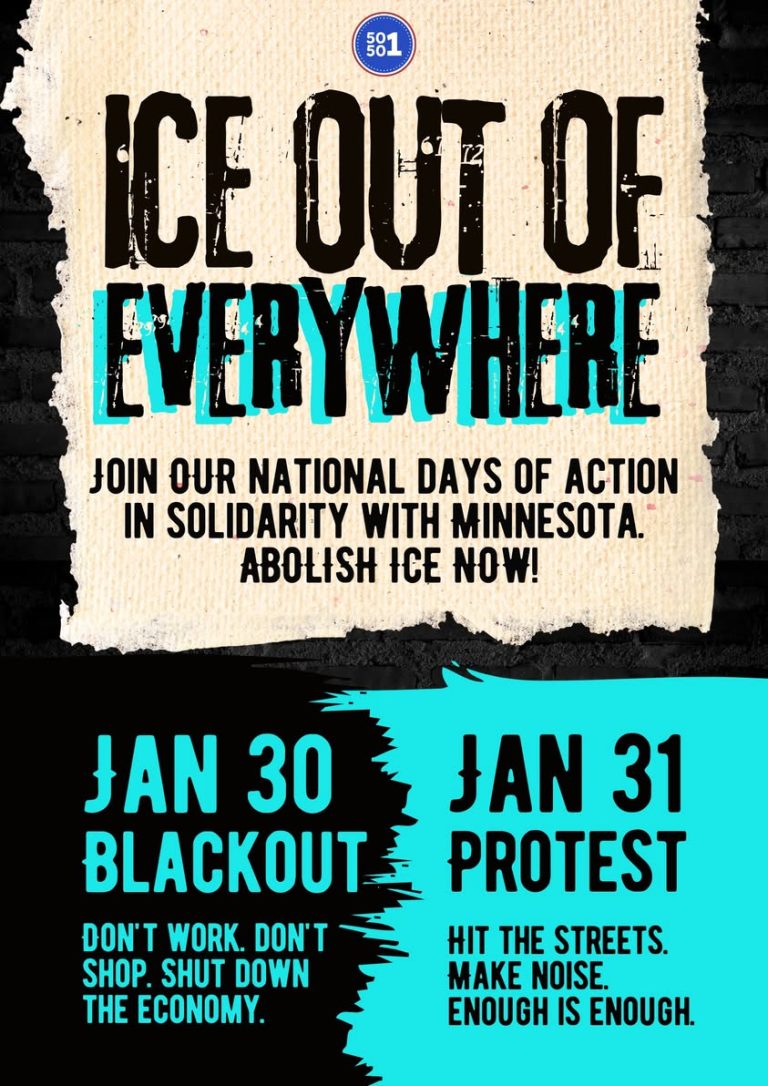Economic resilience
Prices are up across the board, tariffs are hitting hard, and economic markers keep getting “revised” downward. If you have not already tightened your budget, now is the time to do it. In addition to building personal resilience, if you support a general strike, this is foundational preparation work: you must be able to survive an extended work outage, and if possible help others, too.

How to do it:
This is a deeply personal action item. Some of us are living hand-to-mouth and have no fiscal flexibility. You’re already doing what you can, and I’m truly sorry it’s getting even harder. If you’re new to this condition, learn about and utilize the mutual aid programs in your area. Don’t wait until you’ve drained any resources you have. Get help as soon as you qualify. If it turns out to be temporary, you can pay it forward.
For the rest of us, from the folks who can sometimes justify a lunch splurge, to those worried about a stock market crash, it’s time to get serious about economic resilience. That’s going to look different for each and every one of us, but here are a few starting places:
- Comb through your banking for subscriptions you aren’t using. Those might be rollovers from the free trial you forgot to cancel, or things you used to value but could give up.
- Look for things you could do more cheaply, without sacrificing value. Could you buy basics in bulk at Costco? Would the gas discount cover the annual membership?
- Look for optional expenses you’re habituated to, but could change. Could you thrift some of your wardrobe? Pack lunch? Cook from scratch twice a week?
- Consider upcoming special expenses, like vacations and holidays. Choose a frugal pathway and prioritize practical gift-giving.
There are thousands of guides out there for smart financial decision making, and I’m no expert. I do know it’s starting to look like a 1930’s style great depression is possible. Now is the time to look at your finances and see if you have any room to prepare.
If you are currently making ends meet, open a separate savings account with your credit union and shift any savings you find there. Guard that rainy day fund. If the worst doesn’t happen, you can donate as you see particular needs.




